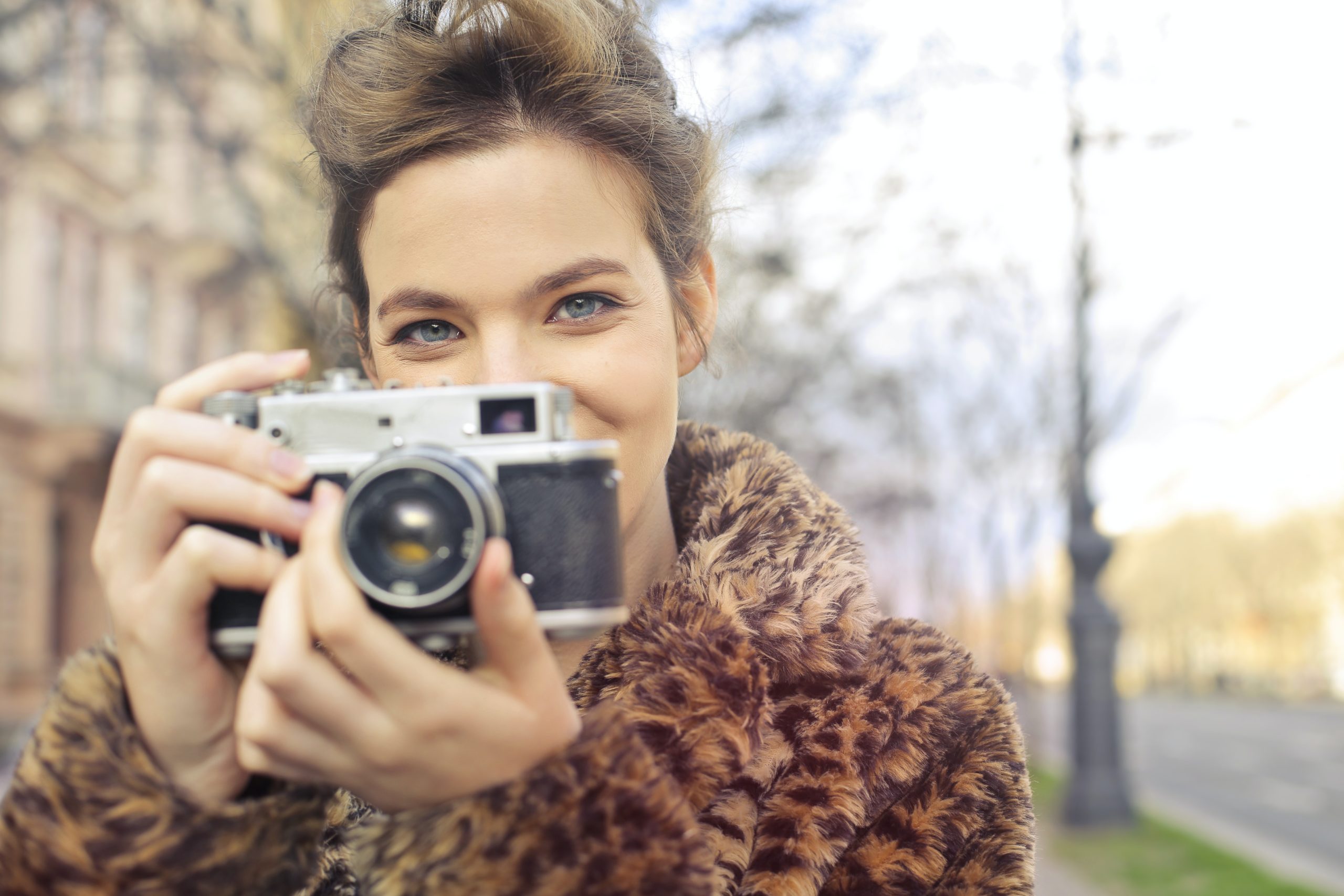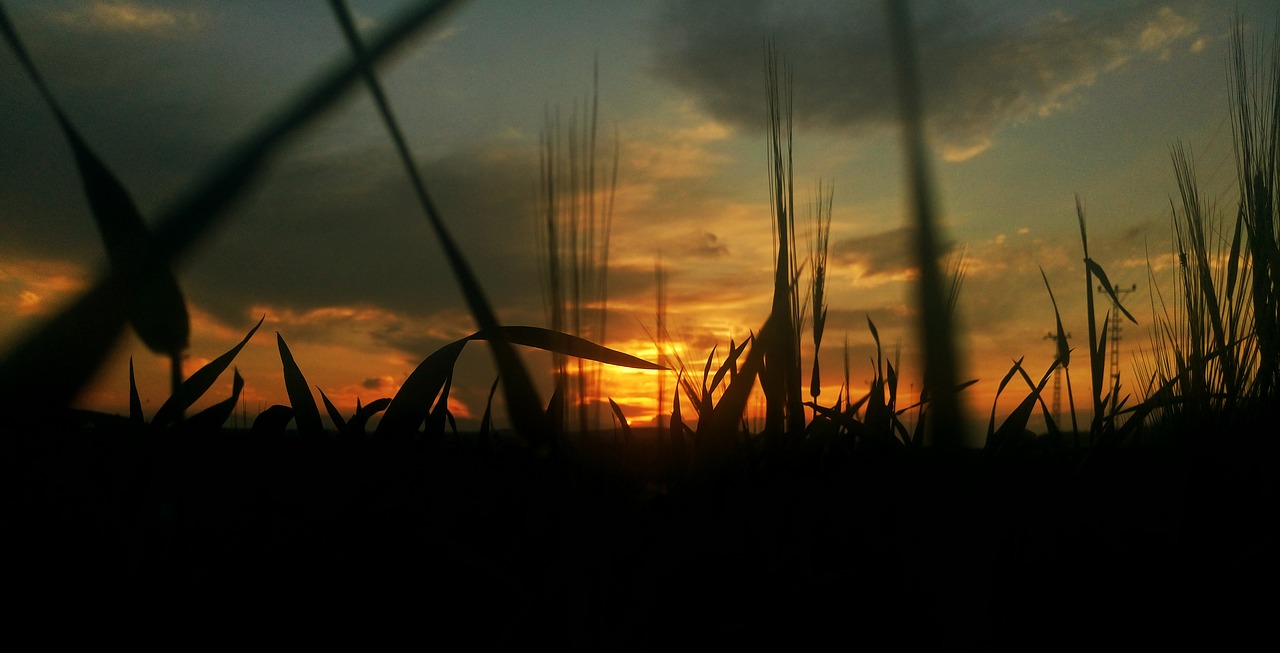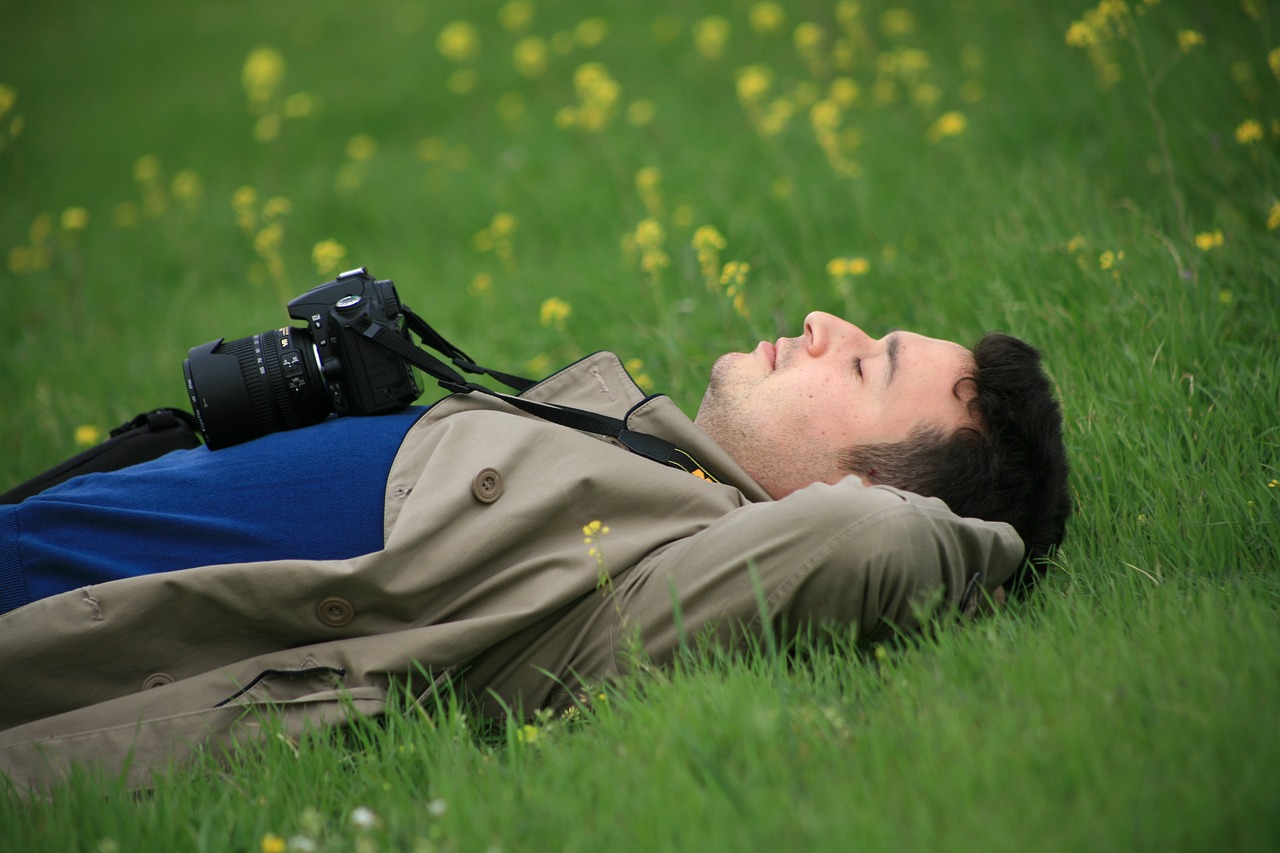This entry was posted on January 21, 2022.

Mental health is at the centre of all walks of life. Buddhists discover this through meditation, stoics through controlling their impulses. The path of a photographer isn't too different, and you may be surprised by just how mentally cleansing capturing images can be.
As it turns out, snapping photos is more than just an art form, it can also be a form of therapy. Which is why, in today’s post, we will show exactly why photography is such a boon for your mental health.
Mental health benefits of photography
Aside from being a genuine thrill, there are many other mental health benefits of photography.
Mindfulness
In a recent article about slow living photography, we talked about taking a more mindful approach to how you use your camera.
Slow living photography is an intentional way of connecting through the medium of the camera. And it helps create a more thoughtful experience.
But even if you choose not to shoot this way, photography still keeps you present in the moment. By focusing on nothing but an image, you unclog your mind, and take away tomorrow's worries.
Photography connects people
But what about connecting us with other people, and not just a moment? We all know that humans are social creatures, and that we thrive off connecting with one another.
Well, a shared interest in photography can help foster this connection. And feeling like part of a community is great for your mental health.
Sometimes, however, photographers are stereotyped as being lone wolves with their cameras. But this isn't always true. And photography can help you to form friendships that you may not have otherwise made.
Photography is focus practice
Now back to moments.
Capturing a moment requires lots of focus, and this can be helpful in all areas of life. Just think about the knock-on effects of having a sharp ability to focus.
You'll pick up on nuances and finer details that might put a smile on your face. It can help you to notice the smaller things in life and enjoy them more. And you'll probably get things done faster...

Photography reduces stress
And what about that great and terrible demon of our time, stress? Well, we all know that humans love art. We have for centuries, and it inspires us in all sorts of ways. But did you know that photography also has a stress-relieving effect?
But don't just take our biased word for it, science has also shown it. A 2010 study, The Connection Between Art, Healing, and Public Health, explored this. And the results showed that visual arts can help reduce cortisol levels, improving mental health.
Truth be told, you don't even need science to prove this. Photographer or not, surely there's been a time in your life when you've looked at a breath-taking photo and just thought "wow... How amazing!"?
Helps stimulate creative ideas
Photographers are creatives, and creatives love nothing more than bringing their ideas to life. It's at the heart of what we do, and what makes photography so worthwhile.
If you've never touched a camera before, then picture it like this…
Think back to when you were a kid, and all the daydreams and ideas you used to have. How fun was it to imagine all those crazy scenarios, and wacky episodes. It was fun, right?
Well, it's the same for photography, except the ideas in your head can be captured.
So, take it from photographers: there's no better feeling than envisioning a shot, and seeing it turn out just right on your camera LCD.
Connects you with nature
Many psychologists are interested in the effects that city life has on us. And based on study results, plenty believe that the overall effect on our mental health isn't great. There's a load of research to back this up, but a study by renowned Psychologist Andreas Meyer-Lindenberg is particularly interesting.
Lindenberg is the director of University of Heidelberg’s Central Institute for Mental Health. And a couple of years ago, his team looked at whether city life posed a risk to mental health.
They concluded that city life does something to specific brain circuits, which impairs the ability to deal with social stress.
But photography gives us a reason to escape the concrete jungle, and reconnect with our green roots. Grabbing your camera encourages you to get out there and explore. And this couldn't be more true than with landscape photography or wildlife photography, where you can find yourself in the heart of mother nature.

Can photography help ease depression?
As photography lovers, our gut tells us yes (even though there are no scientific studies to back this up). So, we can't say whether photography alone can cure depression. But it's widely known that spending time on your passions and hobbies helps to lift the mood.
However, we aren't qualified in this space. So, it's best to hear from somebody with first-hand experience of depression and photography.
Suzie Larke is a Cardiff based visual artist, and she uses photography to combat her depression. For Larke, her history of mental health struggles is the fuel for her creative fire. And this helps her to deal with past experiences.
The visual artist also believes that photography is great for your mental health because it "helps to illustrate feelings and emotions." This way, Larke puts what she feels into perspective, and learns more about herself.
Can photography negatively impact mental health?
Becoming a great photographer requires focus, patience, and lots of learning. And so, although it can be a great stress reliever, it's important to know when you are pushing something too hard.
It's not always easy to notice when you've had too much of a good thing. But if it gets to the point where photography feels more like a chore rather than a hobby, then it's time to take a break.
Photography burnout is a real thing, and can undo all of the great mental health benefits of picking up the camera. So, if you start to feel this onset, do yourself a favour, and put the camera down.
It'll help replenish the creative juices, as well as the craving to get out there and take more shots.
Photography and mental health
Now you know why photography is great for your mental health. And if you've been considering getting involved, you should feel even more reason to take the plunge.
It's easy on the mind as well as on the eye. You'll be able to capture your favourite moments forever, and reminisce with a smile.
So go ahead, grab yourself your first camera, and get creating.






